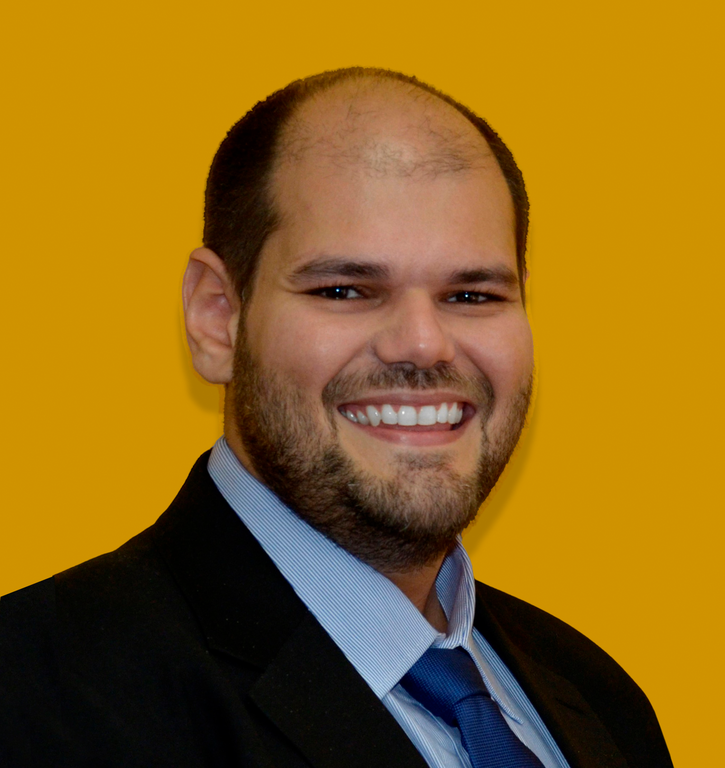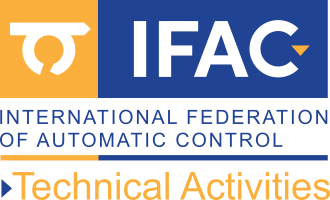TC 1.2. Adaptive and Learning Systems
On Adaptive and Learning Systems
Welcome Message from the Chair
The complexity of Control Problems lies, at least partly, in the fact that the models used in control design are subject to uncertainty. This uncertainty reflects the impossibility, for most real-life systems, to have their dynamics perfectly described with tractable mathematical models. In effect, physical systems may involve highly nonlinear, time-varying, or infinite dimension dynamics. They also are usually affected, in a more or less complex way, by random exogenous disturbances. On the other hand, in control design, relatively simple linear or nonlinear models (reduced-order, deterministic, etc) are deliberately preferred, due to theoretical considerations and implementation constraints. Therefore, one of the fundamental problems in control theory is: how to achieve and maintain a high level of control performance despite large model uncertainty? Adaptive and Learning Control offers solutions to this problem. This approach formulates model uncertainty in terms of parameter uncertainty and provides a set of techniques to deal with. Making use of these techniques, controllers can be designed featuring the capability of real time self-adjustment. To this end, Adaptive and Learning controllers contain specific components such as online parameter estimators, adaptive observers, adaptive predictors, adaptive filters, and so on.
Adaptive and Learning Control attracts a long standing interest of most active researchers in systems and control. Keeping yourself at the cutting edge of this aspect of modern control science would be an important advantage this Technical Committee would provide you with, no matter are you a young or an experienced researcher.
If you are a practitioner working with process control, power and energy system control, manufacturing systems, transportation systems, networked systems, robotics, and mechatronics, then adaptive and learning systems may help you to solve challenging problems of estimation and control under conditions of uncertainty and lack of information.
Tiago Roux Oliveira
State University of Rio de Janeiro - UERJ, Brazil


